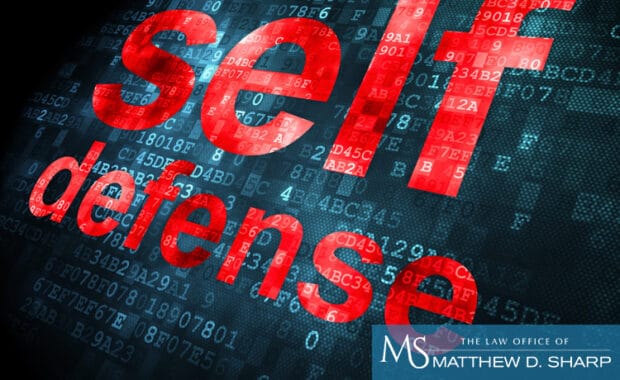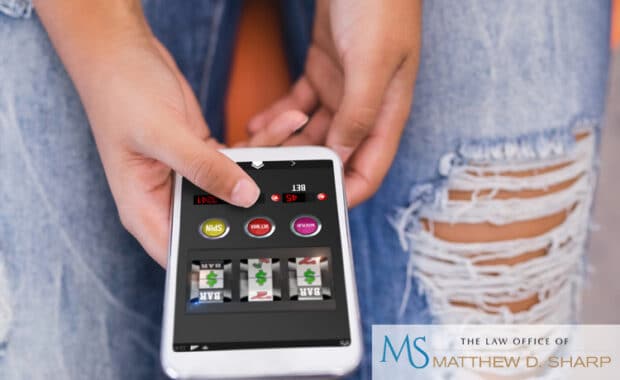The Truth About Double Jeopardy in Texas
Under the laws of the United States and the state of Texas, a person can be charged with a criminal offense if there is a reasonable suspicion that they are guilty of breaking the law. If a judge or jury finds them guilty beyond a reasonable doubt, they may be convicted of the offense and sentenced to the appropriate legal punishment.
However, once a person has been convicted of a crime, they are not allowed to be tried for that same offense at another time. Convicting a person of the same offense twice is known as “double jeopardy” and it is not allowed under the law.
What Is Double Jeopardy?
To better understand the concept of double jeopardy, it’s first important to understand the legal concept of “jeopardy.” Jeopardy refers to a situation that involves some amount of risk. In legal terms, when a person is placed on trial for a criminal offense, they are at risk of being convicted and facing the consequences.
Essentially, double jeopardy occurs when a person is put at risk of facing the consequences of a crime for which they have already been convicted or acquitted.
The prohibition of double jeopardy was created to ensure due process and protections for criminal defendants. Without this protection, judges might be able to force a defendant to face additional consequences for a crime of which they have already been convicted.
It’s important to note that jeopardy does not occur simply because an arrest has been made or charges have been filed. For legal purposes, jeopardy starts when a trial begins, typically when a jury is chosen.
If the case is dropped before this occurs, it may be possible for a person to face charges for that same offense in the future.
For example, Marshall is charged with robbery after he is seen leaving the scene of a crime. However, no more evidence is produced and the district attorney does not want to pursue a trial. The charges are dropped and Marshall is free to go.
However, two months later, a security camera tape is produced which shows Marshall committing the robbery. With this new evidence, the district attorney can file new charges and Marshall can be tried for the crime.
This would not be possible if Marshall had been tried on the first charge. For example, Marshall is charged with robbery and goes to trial. The jury finds him not guilty and he is acquitted of the charges. Two months go by and the security camera footage is produced, showing Marshall committing the crime. Even with this new evidence, Marshall cannot be re-tried for the same robbery charge, as that would constitute double jeopardy.
Facts About Double Jeopardy
According to the prohibition against double jeopardy, a person who has been placed into jeopardy by being tried for a crime and then had that jeopardy ended with a conviction or an acquittal cannot be retried for the same crime.
However, this does not mean that they are immune from all further prosecution. In some cases, it may still be possible for that defendant to be convicted on similar, related or unrelated charges. Consider the following examples.
- Marshall is acquitted of a robbery charge for insufficient evidence. Later, a security tape is produced showing Marshall committing the robbery. Marshall cannot be retried for the robbery offense. However, the security tape also shows Marshall destroying property while committing the robbery. Marshall may be charged with disorderly conduct or destruction or property based on the events in the tape and he may even be convicted of the actions he committed during the robbery, if not for the robbery itself.
In some cases, a defendant may be charged, tried and convicted for related or unrelated crimes that occurred alongside a primary charge in a double jeopardy case.
- Devon gets into a physical fight with Alan. Alan presses charges and the case goes to trial but then Alan refuses to testify. Devon is acquitted due to a lack of evidence. Later, Alan changes his mind and wants to testify but it is too late to try Devon on the assault charge. However, Devon may be charged and tried for causing a public disturbance or harassment for threats he issued on the night of the fight. These charges were not filed initially so there is no risk for double jeopardy.
Also, a person may be tried for the same offense more than once if there is a change of jurisdiction.
- Whitney is charged with murder in Texas state court. The trial ends in a verdict of not guilty. The family of the murder victim and their attorney launch an appeal and Whitney is placed on trial for the same murder in federal court. She can legally be tried and convicted of the crime in federal court because the jurisdiction has changed.
Double jeopardy issues can become very complex. Consulting with an attorney is the best way to learn more about this unique legal process.





